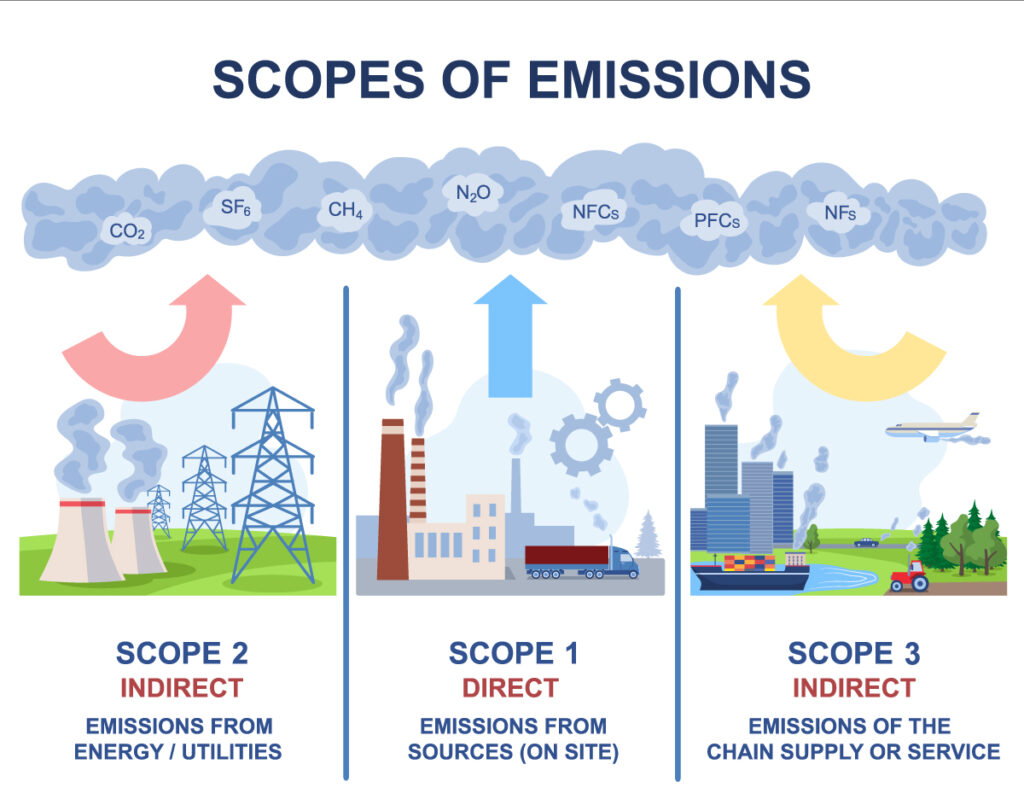
Shell PLC, a U.K.-based supermajor with its U.S. headquarters in Houston, has decided to adjust its climate targets. The company has eliminated its 2035 carbon intensity reduction goals and has introduced new objectives, such as reducing some of its controversial Scope 3 emissions. These emissions are related to assets and activities not directly owned by Shell but are influenced by its value chain.
Initially, Shell aimed for a 45% decrease in net carbon intensity by 2035 compared to 2016 levels. However, in its 2024 Energy Transition Strategy, the company announced the retirement of these targets due to uncertainties surrounding the pace of the energy transition. When the targets were first established, Shell anticipated the implementation of a carbon emissions tracking system worldwide.
Furthermore, Shell has slightly revised its 2030 carbon intensity target from a 20% reduction to a range of 15% to 20% reduction. Additionally, the company has included a new goal to reduce its Scope 3 emissions, which encompass emissions from the products sold by Shell. According to the company, over 90% of its emissions fall under the Scope 3 category.

Shell aims to achieve a significant reduction in customer emissions resulting from the use of its oil products. By 2030, the company plans to decrease these emissions by 15% to 20% compared to the levels recorded in 2021. This reduction would be even more substantial, surpassing 40%, when compared to the emissions levels of 2016.
While several U.S. companies have chosen not to report or measure Scope 3 emissions, multinational companies based in Houston that are also registered in the European Union or the U.K. may be obligated to report their emissions this year due to regional regulations.
According to Angie Gildea, the U.S. energy leader at accounting firm KPMG, the U.S. Securities and Exchange Commission’s new rule eliminated the original Scope 3 requirement. However, companies operating in multiple countries, including many Houston-based companies, will still need to comply with stricter regulations.
“For U.S. multinationals, they still have a wave of requirements coming from the EU and other places they are having to comply with,” Gildea said. “So, that’s something that they’ll still have to continue to do.”
Angie Gildea
Shell stated that this will necessitate commitment from both the organization and its customers. The company stated in a report, “While we can encourage the uptake of low-carbon products and solutions, we cannot control the final choices customers make. Support from governments and policymakers is essential to create the right conditions for changes in demand.”
SOURCE: Shell Global






